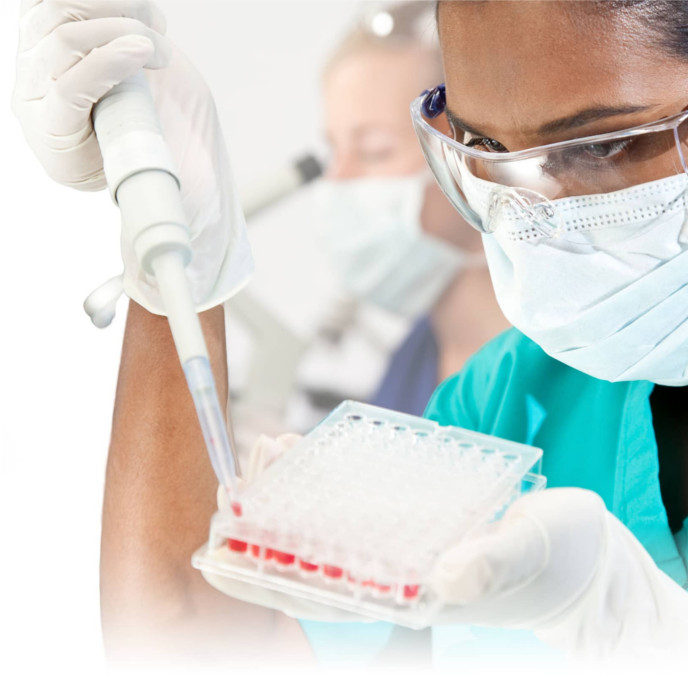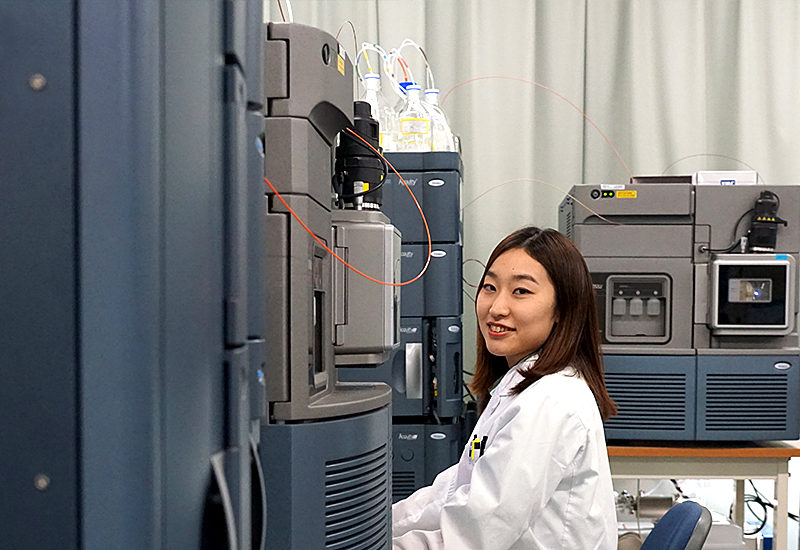Drug induced liver injury (DILI) or hepatotoxicity is one of the leading causes of adverse events during clinical trials, which often results in failures or clinical holds during the development of new drug candidates. DILI has historically plagued drug makers with withdrawals from the market (e.g. troglitazone, oral bromfenac and tienilic acid) and while efforts to catch drug candidates earlier in the pipeline continue, the multifactorial and idiosyncratic nature of DILI complicates preclinical risk evaluation.

Hepatotoxicity Studies in Preclinical Drug Safety Evaluation
You can now request quotes for our research services on BioIVT.com!
Whether you need a single assay or a complete ADME program, BioIVT’s experts will help design and implement the appropriate studies for your drug and research objectives. View BioIVT’s comprehensive portfolio of ADME research services.
Several measures have been established to screen a compound in development for toxicological endpoints that accompany higher risk. To date, several mechanisms of DILI have been well-characterized and have the potential to be tested in a non-clinical setting or with in vitro tools. In vitro hepatotoxicity assays are cell-based experiments that yield data which when considered all together in a comprehensive ‘risk matrix’, can help a drug developer assess risk of liver injury by exploring different mechanisms that could impair hepatic function.
Through our partners, we offer the following in vitro hepatotoxicity studies to evaluate a drug candidate for drug induced liver injury potential:
Cholestatic DILI Assessments
Bile acid accumulation due to inhibition of the bile salt export pump (BSEP) can trigger apoptosis of hepatocytes, causing liver injury. We offer a Bile Acid-Dependent Hepatotoxicity functional assay and a Receiver Operating Characteristic (ROC) Analysis to estimate clinical cholestatic DILI risk of your drug.
Mitochondrial Toxicity
Mitochondrial Toxicity data can yield critical insights to a drug’s effect on one of the most important cellular processes that, if impaired, can cause many issues downstream. In our contracted in vitro study, human hepatoma-derived HepG2 cells are cultured with the test compound in two different media (glucose and galactose). ATP production is compared between the two environments to evaluate effect on mitochondrial function.

Other Hepatotoxicity Evaluation Services
Our partner ADMET/PK/DDI lab in Japan, the Drug Development Solutions Center, also offers the following studies to further evaluate your drug’s hepatotoxicity potential:
- Covalent Binding
- Reactive Metabolite Identification
- Acyl Glucuronide Formation
Drug-induced liver injury (DILI) is caused by various mechanisms and is difficult to accurately predict in only one type of in vitro assay. Therefore, conducting various experiments and making a comprehensive judgment leads to more accurate risk evaluation. Adding covalent binding to these studies for reactive metabolite detection greatly improves the selectivity and specificity of DILI evaluation.
The most accurate method to evaluate reactive metabolites is a covalent binding study. However, this study needs a radioisotope (RI)-labeled test article, so it is not suitable to conduct in early stage development and glutathione (GSH) trapping is often conducted in its place. However, depending on the trapping agent, GSH trapping can be costly with low throughput or less quantitative. Therefore, the Drug Development Solutions Center developed a cysteine trapping study which has higher quantitativity while reducing cost and increasing throughput. Learn more about this study or contact us to book your study.
Our partners at the Drug Development Solution Center have been the leading provider of these assays to Japanese pharmaceutical companies for more than 50 years, and XenoTech can provide international clients with a bridge to their expertise.
In vitro assays performed at the Drug Development Solutions Center give sponsors high-quality, reliable data and any bioanalytical components are GLP-certified by the Pharmaceuticals and Medical Devices Agency (PMDA).

